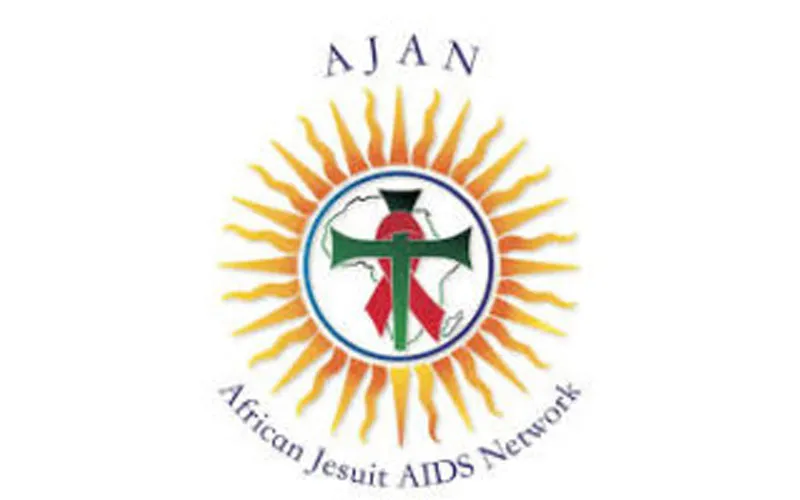“We wish to work to reshape the future of AJAN’s vision, and mission considering the signs of the time, Universal Apostolic Preferences (UAPs) of the Society of Jesus, Sustainable Development Goals (SDGs), and Global Public Health priorities. The youth will be at the centre of our mission,” the AJAN Director said.
To prepare for the Assembly, which will take place in Nairobi, the AJAN secretariat has been holding virtual meetings with the various people involved in the organization process, planning the February event in collaborating with field centers for the past two months.
“We have made sure that all the needs are taken care of in respect of government protocols regarding COVID-19 prevention. Relevant tools for immediate preparation have been sent to the centers and the secretariat is happy with their participation,” says Fr. Matambura.
Fr. Orobator has expressed the need for the organization “to remain flexible to adapt to changing times, contexts and circumstances.”
“AJAN works to help the youth who are a significant demographic in Africa, accounting for about 60 percent of the total population. Therefore, it must put the youth at the forefront of its activities and programmes,” the Jesuit Cleric said.
(Story continues below)
He added, “The youth must be bearers of the message of prevention against HIV. AJAN must make them the ambassadors of the change we hope to see.”
The organization has been good at undertaking research, Fr. Orobator notes and underscores the need to make the information gathered through this research available to the public.
“Research is an important tool for advocacy. It enables people to make policy changes. However, the results of research are only useful when published and disseminated to people involved in advocating for the necessary interventions and changes,” he further says, and continues, “This is something that AJAN needs to improve on.”
The biggest problem that the organization is facing is getting resources to run its initiative, which Fr. Orobator says can be solved by diversifying its sources.
“It is necessary to diversify sources of funding and not to rely solely on external donors. Besides direct Jesuit support, AJAN should explore other sources,” he says, and suggests, “One way that has been used is liquidating some assets to generate financial resources, but we must identify other ways.”
His hope for the next five to 10 years, he says, is to see AJAN redefine itself “in light of the signs of the times.”
“The world is seeing an increase in the burden of disease, inequality and inequity, and there is a growing lack of access to medication and medicine for the poor. AJAN must enhance its role in advocacy in public health because currently health and social justice are matters of rights as well,” the President of the continental conference of Jesuits says in the report published January 27.
Agnes Aineah is a Kenyan journalist with a background in digital and newspaper reporting. She holds a Master of Arts in Digital Journalism from the Aga Khan University, Graduate School of Media and Communications and a Bachelor's Degree in Linguistics, Media and Communications from Kenya's Moi University. Agnes currently serves as a journalist for ACI Africa.








